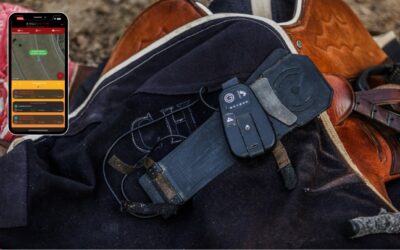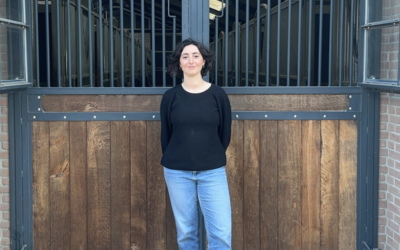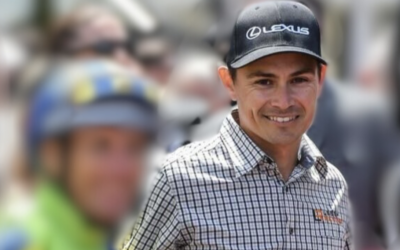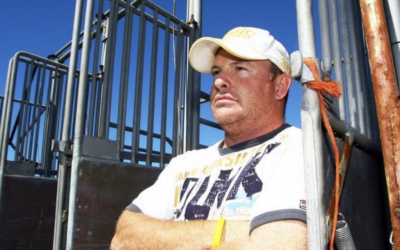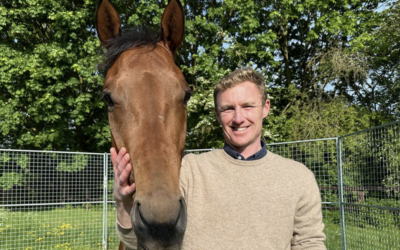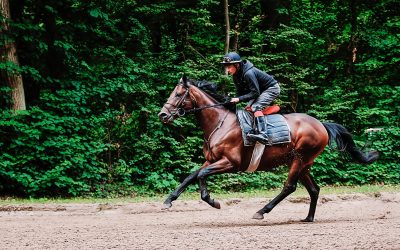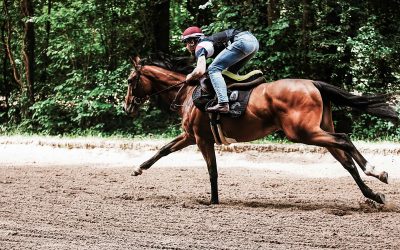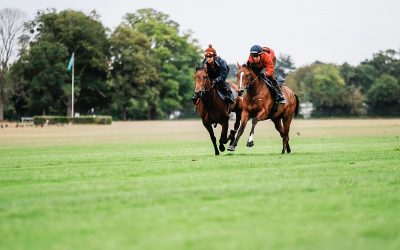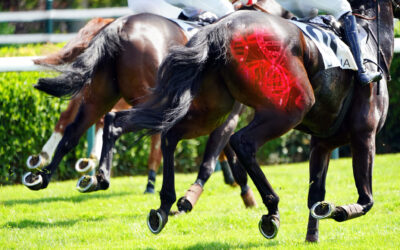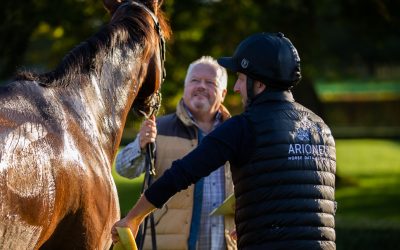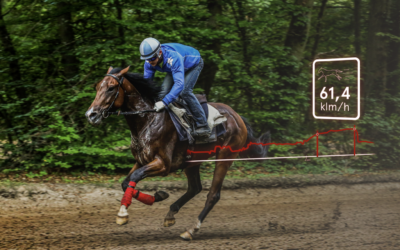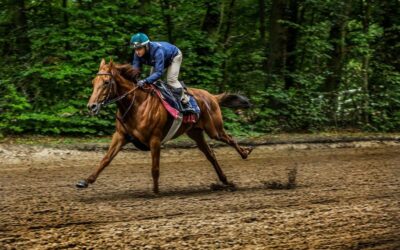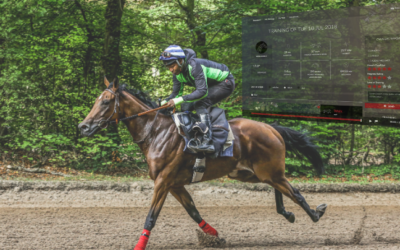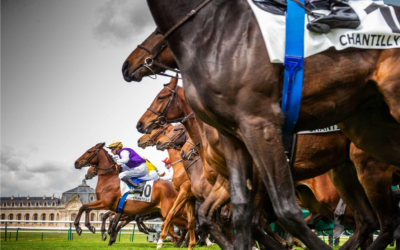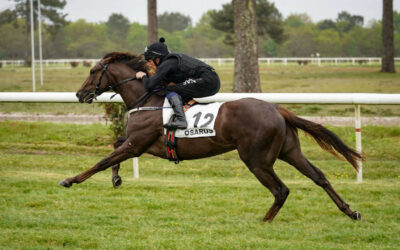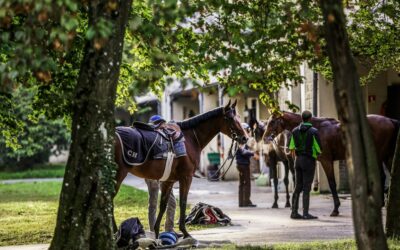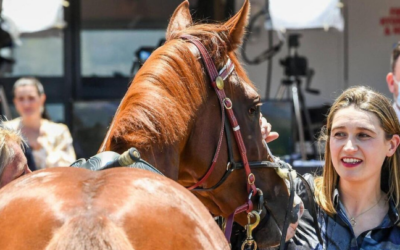EXPLORE OUR BLOG
Here you will find a lot of information to better understand performance and health measurements as well as tips about racehorse training and well-being.
LATEST ARTICLES
EQUIMETRE 2.0: Revolutionize your training with real-time tracking
With the recent release of Equimetre 2.0, our sensors have taken technology to a new level, offering real-time tracking functionality.
Giordana Girini, integrating the Advanced program into her vision of a future data analyst
Giordana, an equine science and osteopathy enthusiast, tells us about her journey, her experience with the Advanced program, and how she integrates data into her daily life.
How Jarrad Cook, data analyst at Kris Lees Racing improved his data knowledge with the Advanced program
Jarrad Cook, data analyst at Kris Lees Racing in Australia, shares his experience of the Advanced program and how he uses the Equimetre in his daily work.
Laura Fitzharris: how does the Advanced program integrate her veterinary practice?
Laura tells us how the Advanced program has enriched her veterinary practice and enabled her to integrate data into the monitoring of athlete horses.
Equine technology: Better understand your horses with Arioneo data, Darryl Ward’s EQUIMETRE experience
In this interview, find out how Deagon trainer Darryl Ward has integrated equine technology into his training with EQUIMETRE.
Preparing Isle Of Jura with data – From Newmarket: George Scott’s Equimetre experience
World Horse Racing is an international digital media company specialising in racehorses.
In partnership with them, we have produced a video of George Scott and his use of the Equimetre, particularly in preparation of Isle of Jura.
BROWSE AMONG OUR CATEGORIES
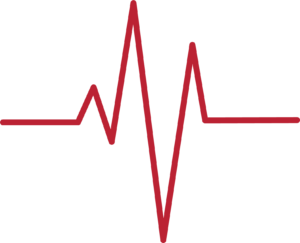
Equine Physiology

Testimonials
Racehorse training
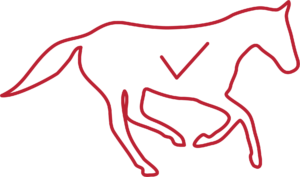
Young racehorses
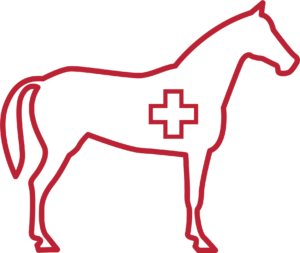
Health & Science
Standardbreds
EQUINE PHYSIOLOGY
The standardised effort test for racehorses in practice
The standardized test of effort must reflect the reality of the effort of a race (e.g. an acceleration over 400/600m) without reaching its intensity.
8 reasons to use a heart rate monitor
Here are the 8 reasons why the heart rate monitor
Monitoring the impact of a race on racehorse
Monitoring the impact of a race on a racehorse is core in order to prepare him to the next races in the best conditions possible.
How do racehorses create energy?
In order to better analyse heart rate, recovery and establish an objective diagnosis of your horses’ fitness, it may be useful to investigate the physiological mechanisms involved when the horse athlete is training.
How to improve the racehorse’s recovery?
Recovery is one of the main indicators of a horse’s fitness condition: the better a horse’s recovery.
Racehorse cardio: how to analyse your training data?
A precise knowledge of the evolution of your horse’s heart rate during exercise enables you to optimise its performance and to be alerted to possible sub-clinical pathologies. It also allows you to adapt the exercises as well as possible, in order to improve its cardio and physical performance.
RACEHORSE TRAINING MONITORING
Navigating your data provider transition seamlessly: 5-Step guide
In the dynamic world of equine performance analytics, choosing the right data provider is crucial for maximizing your horses’ potential. If you’re considering a transition or seeking alternatives, Equimetre is here to ensure a seamless switch, enhancing your training outcomes without skipping a beat.
Heart murmur and performance: are they compatible?
The cardiovascular system can be compared to a huge orchestra, and the presence of any structural defect can alter the functioning of the system and throw the orchestra out of harmony. A heart murmur is added to the initially audible heartbeat and becomes a false note in the orchestra, requiring the trainer to intervene on several levels.
Racing Management: how to include data in your entry strategy in 5 easy steps
Data can help backing up your feeling but also guiding logical and rigorous decisions. Here are 5 steps that you can incorporate to your entry strategy.
Trevor Andrews’s Equimetre experience
We were lucky to interview thoroughbred trainer Trevor Andrews regarding his utilization of EQUIMETRE.
Xavier and Louis Blanchet’s Equimetre experience
We had the chance to talk with Xavier and Louis Blanchet, trainers in Chantilly. They shared with us their experience with EQUIMETRE, and how they integrated it into their daily work with horses.
The role of data in racehorse pre-training
Racehorse pre-training increases the likelihood of success on the track. To maximize the performance of young athletes, racehorse trainers understand the necessity of developing muscle strength, boosting general fitness, and providing proper ground work.
EQUINE HEALTH & SCIENCE
How Jarrad Cook, data analyst at Kris Lees Racing improved his data knowledge with the Advanced program
Jarrad Cook, data analyst at Kris Lees Racing in Australia, shares his experience of the Advanced program and how he uses the Equimetre in his daily work.
Laura Fitzharris: how does the Advanced program integrate her veterinary practice?
Laura tells us how the Advanced program has enriched her veterinary practice and enabled her to integrate data into the monitoring of athlete horses.
Psychology and welfare of racehorses: the impact of stress on performance
It is now a few years since the question of the equine welfare, which can be defined, according to the IFCE (The French Horse and Riding Institute), as “the good mental and physical health of the animal”, is developing and taking more and more importance into the mentalities. Some studies have been carried out and initiatives have been taken with the objective to sensibilize about the subject. The IFCE has notably led a survey in favor of animal welfare, relating different subjects as the evolution of the practices in favor of the
YOUNG RACEHORSES MONITORING
No Results Found
The page you requested could not be found. Try refining your search, or use the navigation above to locate the post.
STANDARDBREDS TRAINING
No Results Found
The page you requested could not be found. Try refining your search, or use the navigation above to locate the post.
TESTIMONIALS
Caroline Jennings & the Advanced program: revolutionizing equine research
Caroline Jennings, expert trainer in biomechanics and equine research, integrates cutting-edge analysis to optimize horse performance and well-being.
Tom Charlton & John O’Shea: revolutionizing training techniques using Equimetre data
Tom Charlton shares his experience and views on the growing importance of data in racehorse training
How the Advanced program helped Nick Pinkerton with equine performance and analysis
In this interview, Nick Pinkerton reflects on his career, his involvement in the Advanced program, and his ambitions to revolutionize equine performance analysis through data science.

